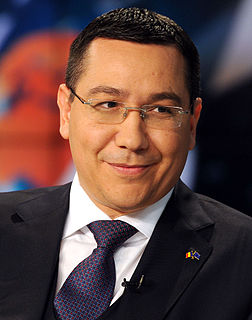A Quote by Steven Levitt
Experts are human, and humans respond to incentives. How any given expert treats you, therefore, will depend on how that expert's incentives are set up.
Related Quotes
The vital consideration of incentives is almost systematically overlooked in the proposals of agitators for more and bigger government welfare schemes. We should all be concerned about the plight of the poor and unfortunate. But the hard two-part question that any plan for relieving poverty must answer is: How can we mitigate the penalties of failure and misfortune without undermining the incentives to effort and success.
One of these days when I'm finished coaching at Alabama, I'll write an authorized book because there's only one expert on my life, and guess who that is... me. And there won't be any misinformation. There won't be any false statements. There won't be any hearsay. There won't be any expert analysis from anybody else. It will be the real deal.
while the executive should give every possible value to the information of the specialist, no executive should abdicate thinking on any subject because of the expert. The expert's information or opinion should not be allowed automatically to become a decision. On the other hand, full recognition should be given to the part the expert plays in decision making.
There is a sense in which, like, it could be the case that the incentives of running for president and the incentives of getting maximum attention for yourself, sometimes align, and at a certain point, they stop aligning, and you just keep going with the incentives for maximum attention for yourself.
The three most effective incentives to human action may be ... classified as creed, greed and dread. ... In examining the scientist it is perhaps worth while to examine how far he is moved by these three incentives. I think that, rather peculiarly and rather exceptionally, he is very little moved by dread. ... He is in fact essentially a person who has been taught he must be fearless in his dealing with facts.





































